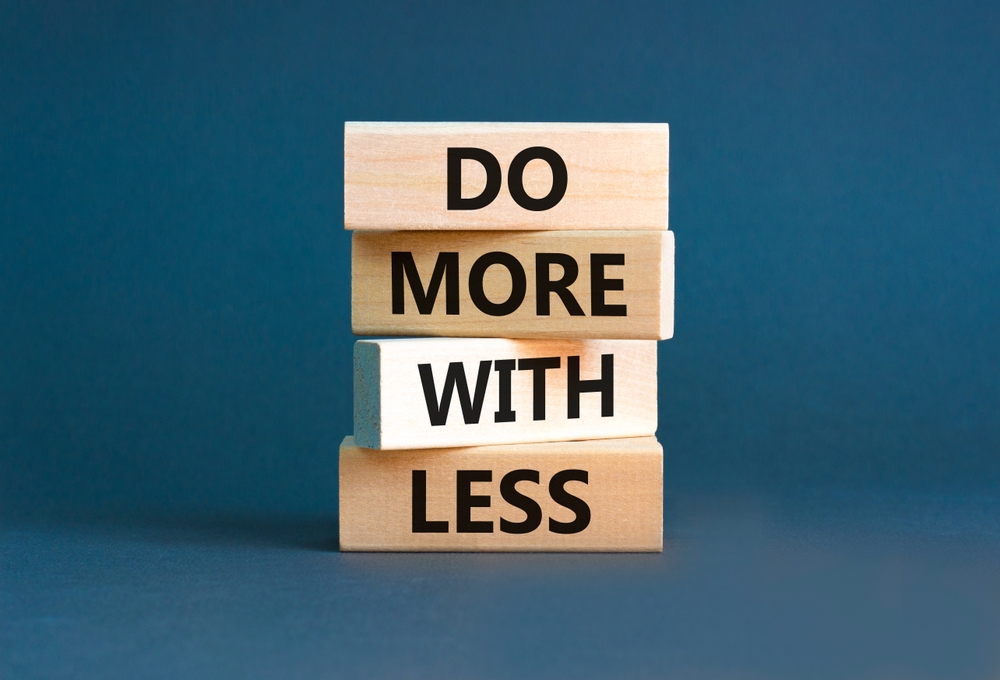Simple answer: just like you would any other employee but with one catch…
Every so often I’m asked by a client how they should interview a WAHVE candidate. They feel there must be something they need to do differently for this interview than for an in-person interview. The only difference is one notable exception.
I should first explain it’s important for you to follow your normal interview process when considering a wahve. Do you usually include other managers or team members in the interview when speaking with a local candidate? If so, be sure to include them in the wahve interview. If you typically present situational or behavioral questions, ask those of the wahve as well.
I’m often surprised by candidates who, when I debrief with them after the interview, say to me, “We didn’t discuss the actual job duties,” or, “They didn’t ask about my level of comfort using their agency management system.” The wahve is just like any other candidate. They need to know about the job, what their day will be like, who they will interact with both internally and externally to your organization, how robustly they will use your systems, who will train them and answer ongoing questions, etc. A lot of candidates feel the interview is controlled by the client and they aren’t given an opportunity to ask questions the same way they might if they were actually in front of their interviewer. This brings me to the one exception to consider when interviewing a remote employee.
Interviewing a remote candidate (when a video conference application is not used) forces both the interviewer and interviewee to focus more intently on the conversation. There are no visual cues such as facial expressions and body language for either party to assess the other. Therefore, allowing the candidate time to ask questions, since you can’t see their face to know if you’ve confused them or if they might not be understanding, is very important. This is the candidate’s chance to clarify anything about the job or the working environment. They want to succeed and need to ensure they not only have the skill set you desire, but that they will be a good cultural fit with your organization. This understanding takes time and work on both sides of the interview.
The most successful placements are the result of the client and candidate thoroughly vetting one another before the job offer is made. Both the candidate and the client need to have the confidence that the decision to move forward is the right one. An open dialog which follows your typical interview protocol is ideal when interviewing a wahve. -– Elizabeth Kordek, CPCU Senior Placement Specialist












0 Comments